This hands-on, developer-focused workshop teaches how to build real-world LLM apps using LangChain and vector stores

300+ Programs designed and delivered by seasoned consultants & trainers

Hands-on modules with use cases, gamification & simulation exercises

10000+ People trained and coached by hands-on consultants
The LangChain Mastery Workshop is a hands-on program that teaches developers to build real-world GenAI applications using LangChain, vector databases, and external tools—enabling end-to-end LLM workflows through structured learning and practical mini-projects.
As GenAI moves from hype to implementation, the LangChain Mastery Workshop Program helps enterprises to upskill their teams and tools to build secure, scalable, and impactful solutions.
Supercharge your development skills by learning to apply LLMs for code generation, optimization, debugging, and unit testing in real-world scenarios.
To make the most of this workshop, participants should have a working familiarity with software development principles and a basic understanding of Generative AI concepts and tools
No deep AI/ML background is required, but comfort with writing code and working with APIs is expected.
In this hands-on LangChain Mastery Workshop Program, you’ll learn how to:
By the end, you’ll have the skills and confidence to design, prototype, and deploy GenAI-powered applications.
This workshop is ideal for:
If you’re involved in building, integrating, or scaling AI-driven applications—this program is tailored for you.
Master LangChain, vector databases, and multi-step LLM apps with API integration. Complete with a hands-on mini project to apply your skills.

42 Hours (customizable for corporate needs)

Live Online / In-Person / Hybrid (as per corporate preference)

Hands-on, Project based learning
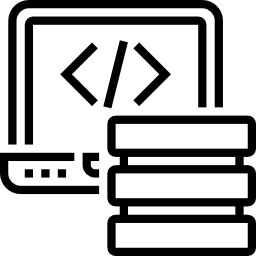
From chains and agents to vector databases and memory management, we deliver a
Read more
complete hands-on guide to building advanced LLM-powered apps with LangChain.
Less

Our course has an enterprise-focused, hands-on approach—combining practical implementation
Read more
where teams build multi-step GenAI workflows (like AI support bots) and connect them with real APIs, tools, and data sources.
Less

Learn how to use FAISS, Weaviate, and Qdrant effectively for retrieval-augmented generation,
Read more
embedding techniques, and document chunking for precise, high-quality results.
Less

Your developers will learn to plug LangChain into web search, internal documentation, databases,
Read more
and APIs—enabling true enterprise-ready GenAI systems.
Less
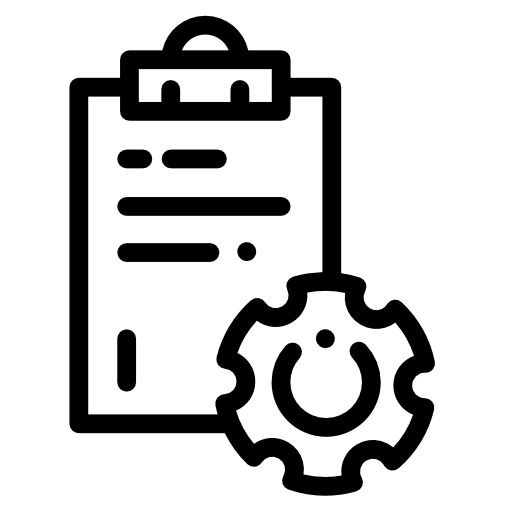
Our workshop also includes a mini-project for each participant or team where they build and
Read more
demo a custom LangChain solution—solidifying knowledge with contextual, hands-on experience.
Less

We adapt the workshop to your team's skill level, tech environment, and target use cases
Read more
to maximize immediate business value.
Less
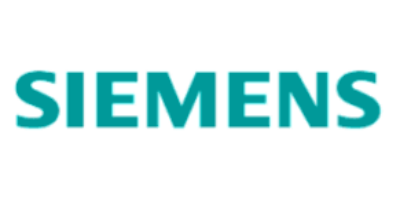
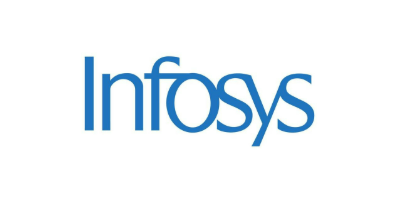
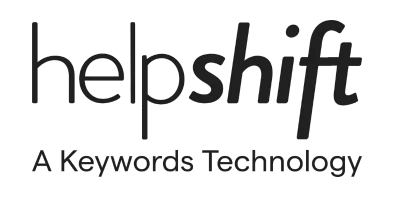
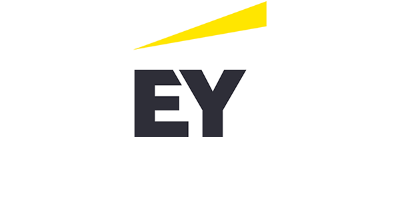

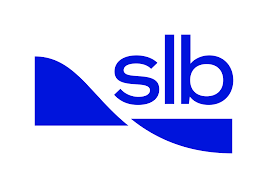
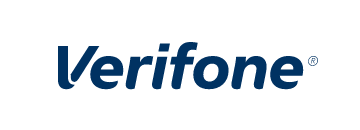
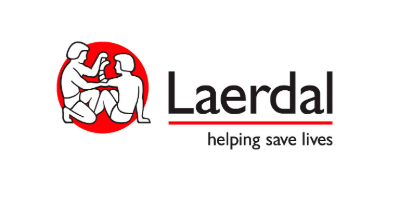

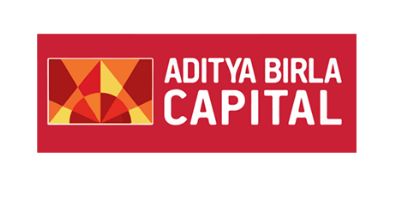


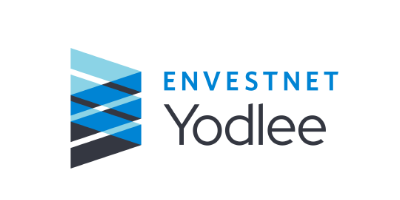


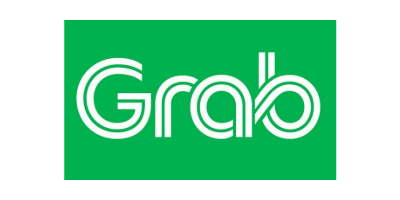
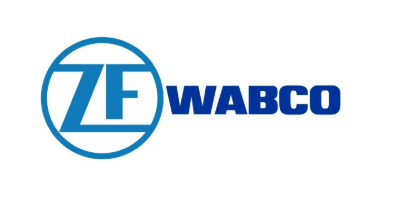
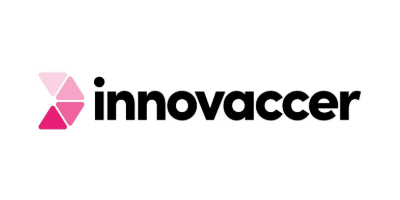

Senior Consultant & Trainer
B.Tech. IIT Varanasi Product-orientated Technology leader with around 24 years of experience in all aspects of product engineering for startups and enterprises. Experienced in designing and architecting highly scalable technology systems. Arun has worked with clients like RBS, Sapient, Fidelity International, G&G Webtech, Ericsson, Oracle, Orange, ZF and more.

Senior Consultant & Trainer
B. Tech. IIT Varanasi Senior engineering leader with over 20 years of experience in IT, specializing in digital transformation programs across all stages of the software lifecycle. Adept at designing scalable cloud platforms, establishing best practices, and mentoring engineering leaders. Rahul has worked with client like Samsung R&D Institute, Wooqer, Sapient, Oracle Financial Services and more
Our workshop will show you how to build real GenAI apps—not just experiments. Learn LangChain, vector databases, and deploy intelligent LLM-based systems at scale.
This workshop teaches participants how to bbuild end-to-end GenAI applications using LangChain, focusing on chaining logic, memory, tool use, and integration with vector databases like FAISS, Chroma, or Pinecone. You’ll learn how to build context-aware GenAI apps, perform document retrieval with embeddings, and design agentic workflows. The course covers use cases like Retrieval-Augmented Generation (RAG), conversational agents, and tools like OpenAI APIs and Hugging Face models. By the end, the participants will gain practical experience in chaining prompts, calling APIs, evaluating results, and deploying production-ready AI systems with robust architecture and observability features.
This course is ideal for backend developers, AI engineers, ML practitioners, solution architects, and technical product managers who want to build or integrate GenAI-powered applications. It’s particularly useful for teams working on LLM-enhanced systems, chatbots, document intelligence, or API-based agents. If your role involves designing, deploying, or maintaining AI-driven services, this course gives you the skills to move from experimentation to real-world applications using modern frameworks like LangChain.
No prior experience with LangChain is required, but participants should have intermediate Python skills and some exposure to REST APIs or AI services. The course starts with the basics of how LangChain works and incrementally builds up to complex use cases. Even if you’ve only used GenAI tools like ChatGPT before, the course will guide you through how to programmatically interact with LLMs, chain them with tools and memory, and deploy applications that solve real problems.
Yes. The course is heavily hands-on, with guided labs, notebook walkthroughs, and coding challenges. You’ll build real applications—such as document Q&A bots, API agents, and retrieval-based assistants—step-by-step. Each module reinforces theoretical concepts with implementation tasks so that by the end of the course, you’ll have working LangChain pipelines that you can extend, deploy, or integrate into production environments.
The course explores Sequential and Router chains, conversational memory (buffer and summary types), tool-using agents like AgentExecutor, and patterns such as ReAct for reasoning. The course explains how to build modular pipelines with prompt templates, manage multi-step interactions, and construct agents that call APIs or use calculators based on task goals. You’ll also understand when and how to use memory in LLM apps for personalization and multi-turn conversations.
These vector DBs are used to store and retrieve text embeddings for semantic search. The course shows how to chunk and embed documents using OpenAI, Hugging Face, or Cohere models, and then store them in FAISS, Weaviate, chroma or Qdrant. You’ll build retriever pipelines in LangChain that query these DBs and provide relevant context to LLMs—powering RAG workflows, document Q&A, and personalized assistants. The course includes demos for both local and hosted vector DBs. The choice of the DB and model can be zeroed down to align with organization’s preferences.
Yes. RAG is a core focus. You’ll learn how to fetch relevant documents from vector stores, inject them into prompts, and reduce hallucinations in LLM outputs. The course covers prompt design for context injection, document chunking strategies, retrieval tuning, and evaluation methods. You’ll implement a complete RAG pipeline and understand its role in applications like enterprise search, chatbot grounding, and AI copilots that interact with proprietary data sources.
Yes. You’ll build agents that call external APIs based on user inputs, or search engines, and connect with services like Notion, Google Sheets, or CRMs. LangChain’s tool interface allows you to define actions that LLMs can invoke as part of their reasoning loop. This enables use cases like automated task execution, report generation, and workflow orchestration—all powered by LLM-based agents capable of taking real-world actions.
The knowledge base is specific to the organization and is dynamic in nature. One can not keep on training and creating newer model with evolving data. Making this knowledgebase available to LLM engine for interpretation is the elementary use case of this course. This course enables teams to move from experimentation to real application development with GenAI. You’ll gain the skills to build internal tools like knowledge assistants, summarization engines, support bots, and intelligent search systems. It reduces dependency on manual workflows by empowering teams to create scalable, AI-integrated solutions. For businesses, this translates into faster decision-making, enhanced customer experiences, and significant cost and time savings in handling large volumes of unstructured data.
If your organization is exploring GenAI for productivity, automation, or knowledge management, this course provides the technical foundation to support those initiatives. It trains your developers and architects to use LangChain, vector databases, and LLM APIs to build apps aligned with enterprise goals—whether it’s building chatbots, copilots, or data-driven assistants. The hands-on structure ensures skills are immediately applicable to internal POCs or MVPs, accelerating GenAI adoption within your ecosystem.
Yes. The course can be tailored with your organization’s data sources, API endpoints, or infrastructure preferences. Whether you use proprietary tools, private LLMs, or custom data formats, the content can be adapted to reflect your environment. Custom modules can also be added to address domain-specific use cases in finance, legal, healthcare, or customer support—ensuring maximum ROI for your team’s learning efforts and faster deployment of GenAI initiatives.
Backend developers, ML engineers, AI/ML architects, and DevOps professionals will benefit the most. Product managers and technical analysts exploring AI-enabled features will also gain practical insights. Teams working on digital transformation, knowledge automation, and intelligent systems will find the program particularly relevant. It’s designed to bridge AI theory with full-stack engineering practices—making it ideal for technical teams looking to ship GenAI apps, not just test them.
Yes. The course concludes with a mini project where participants design and build an LLM-based application using LangChain and a vector DB. Sample projects include a document assistant, a conversational FAQ bot, or an agent-based tool that interfaces with APIs. This capstone consolidates everything learned—from chaining, retrieval, and memory to deployment. Participants can extend their mini project post-training into a POC for their own use cases or team demos.
Yes. Participants receive access to curated post-course materials—like code templates, notebooks, and recommended GitHub repos—for continued learning. Certifications are outside the scope of this program. However, the knowledge and skill gain may be useful in getting the certifications. Optional add-ons like mentorship hours or office-hour sessions may also be offered, depending on the delivery format. These resources help reinforce learning and provide a reference toolkit for building GenAI applications beyond the workshop timeline. Additionally, we undertake consulting assignments to support enterprises in customizing and deploying generative AI solutions tailored to their specific business needs—ensuring sustained impact beyond the training.
After completing the course, teams will be able to prototype and deploy LLM-based applications, build RAG systems with LangChain, evaluate vector search performance, and integrate APIs for dynamic tool use. They’ll have the confidence and skills to lead GenAI development efforts internally—accelerating proof-of-concepts, improving data access, and enhancing product features with intelligence. Most importantly, teams will adopt a structured, maintainable approach to GenAI, reducing experimentation overhead and moving towards production readiness.
Gurgaon Office
91springboard NH8, 90B, Delhi – Jaipur Expy, Udyog Vihar, Sector 18, Gurugram, Haryana 122008.
Bangalore Office
WeWork Embassy TechVillage, Block L, Devarabisanahalli Outer Ring Rd, Bellandur, Bangalore, Karnataka 560103.
consult@benzne.com
+918527663706
